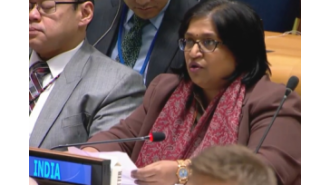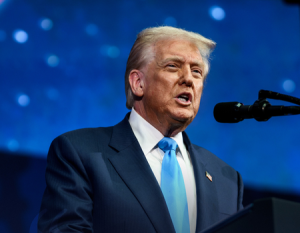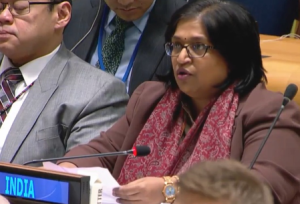Angry Germany votes in election centered on economy, immigration, and rise of far-right.
German voters are electing a new government, with concerns about the economy, migration, and international alliances dominating the election. Centre-right expected to win.

Berlin, the capital of Germany, is abuzz with excitement as the country prepares for a crucial election on Sunday. The main focus of this election is the state of Europe's largest economy, which has been struggling with stagnation for several years. In addition, other pressing issues such as migration and the uncertain future of Ukraine and European alliance with the United States are also dominating the discussions.
The opposition, led by the center-right party, is expected to emerge victorious. However, polls suggest that the far-right party is likely to secure its strongest result since World War II. Germany holds a significant position in the European Union, being the most populous country and a leading member of NATO. It also holds the position of being Ukraine's second-largest weapons supplier, after the United States. Hence, the outcome of this election will have a major impact on shaping the continent's response to various challenges, including the Trump administration's aggressive foreign and trade policies.
The two main candidates, conservative front-runner Friedrich Merz and current Chancellor Olaf Scholz of the Social Democrats, have cast their votes in different parts of the country on Sunday morning. But what exactly are the German voters deciding on?
More than 59 million people out of the total population of 84 million are eligible to elect the 630 members of the lower house of parliament, known as the Bundestag. This diverse group of representatives will gather under the iconic glass dome of Berlin's Reichstag building. The German electoral system rarely produces absolute majorities, so it is expected that two or more parties will form a coalition government. However, this process may take several weeks or even months of negotiations before the next chancellor is elected.
This election is taking place seven months earlier than originally planned due to the collapse of the center-left coalition government in November last year. The three-year term was marred by internal conflicts and infighting, leading to widespread discontent and a lack of enthusiasm for any of the candidates. The big question is, who will take charge and lead the country forward?
Friedrich Merz's Union bloc has consistently been leading in polls, with support ranging from 28-32%. He is favored to replace the current chancellor, Olaf Scholz. However, Scholz's Social Democrats have been polling between 14-16%, which would be their worst postwar result in a national election. The far-right party, Alternative for Germany (AfD), has seen a surge in support with around 20% of the vote, their highest ever in a national election. They have even fielded their first candidate for chancellor, Alice Weidel. However, other parties have made it clear that they will not work with the AfD, setting up a "firewall" against them.
The environmentalist Greens, led by outgoing Vice Chancellor Robert Habeck, are also running for the top job. However, they have been polling slightly behind Scholz's party. Merz has promised to bring "stability instead of chaos" after the collapse of the previous coalition government. But it remains to be seen if he will be able to form a stable government and effectively address the challenges facing the country. He hopes for a two-party coalition, but may end up needing a third partner to gain a majority in parliament.
The most likely candidates to join a Merz government are Scholz's Social Democrats, the Greens, and the pro-business Free Democrats, who were the smallest partner in the previous government and may not secure enough votes to stay in parliament. The Free Democrats and another small party are hovering around the 5% threshold required to qualify for seats in parliament. If they do, it could complicate the formation of a coalition government.
The main issues at the forefront of this election are the proposals to revive the struggling German economy, which has been in a state of decline for the past two years. The new government will also have to address the issue of migration, which has gained more attention in recent weeks due to deadly attacks committed by immigrants. Merz has promised to tighten immigration policies and increase deportations, while other parties have criticized his stance and accused him of "gambling" with the country's future.
In terms of foreign policy, the major parties have pledged to continue supporting Ukraine in its conflict with Russia. Additionally, the next government will have to find a way to maintain the current NATO spending target of 2% of the gross domestic product, and possibly increase it, in the face of demands from the United States. This will be a challenge once a special 100 billion-euro fund to modernize the military runs out in 2027.
The outcome of this election will have a significant impact not only on Germany but also on the rest of Europe and the world. The eyes of the world are now on Berlin as the people of Germany cast their votes and determine the future of their country.










